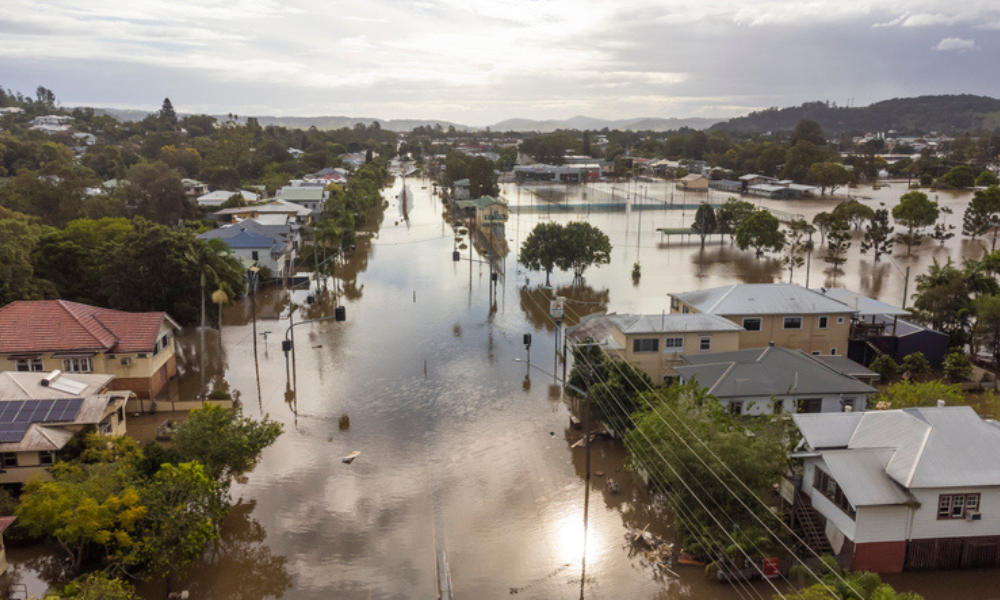The bank flooding risk assessment also highlights outstanding data gaps

The capital ratios of New Zealand’s largest banks are resilient to most severe flood sensitivities when each shock is considered in isolation, but more work must be done to understand how flood risk could potentially compound with other risks to the financial system, such as the risks borne by recession.
This was according to a recent report on NZ banks’ residential mortgage exposures to flooding risk, which assessed the impact of both coastal flooding risk from sea level rise nationwide, and the risks associated with flooding caused by excessive rainfall in Auckland.
Part of the Reserve Bank of New Zealand’s stress testing programme, the risk assessments were run to help banks to build their capability to identify climate-related risks and find solutions to the significant data and modelling challenges involved. The results also furthered the initial findings published in the central bank’s November 2022 Financial Stability Report.
Christian Hawkesby, RBNZ deputy governor, said the exercise modelled the financial risk associated with increasing frequency and severity of flood events through the channels of declining insurability and the values of at-risk properties.
The banks assessed various “sensitivities” of property price changes, as opposed to the impact of an individual flood event.
“We have all seen the devastating impact of the recent upper North Island floods and Cyclone Gabrielle,” Hawkesby said. “Although this exercise was conducted before these catastrophic events, they emphasise the importance of conducting these types of exercises to help manage these risks in the future… As flood risk increases, the financial system is likely to face simultaneously a broader range of climate-related risks, such as global and national transitions risks, including from more stringent emissions pricing over time.”
The exercise also highlighted outstanding data gaps, particularly with regards to rainfall flood risk and portfolio location data. The banks indicated in their submissions that there is active planning and procurement of better climate data across the industry, which in turn, will improve risk management capability, including climate stress testing.
RBNZ’s forthcoming climate stress test will consider the effects of climate-related risk across banks’ full balance sheets, with the scenario for that stress test to be published later this year.
Click here for the full copy of the report.
Have a thought about this story? Include it in the comments below.



